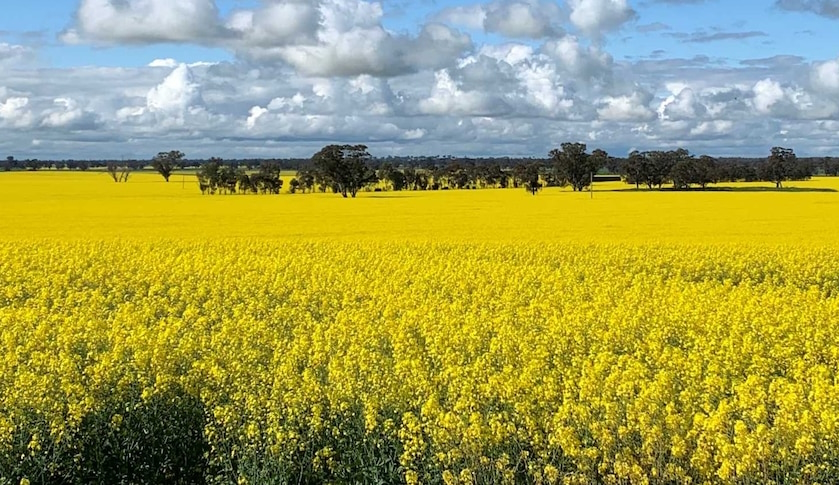Kilter Rural launches new $500m sustainable agricultural fund

Australian natural capital investment company Kilter Rural will employ world’s best sustainable agriculture practices to develop a significant aggregation of farmland in the southern Riverina.
The initiative will see an initial purchase of 7,000 hectares grow to a portfolio of 21,000 hectares across South East Australia over the next 24 months. Balancing agriculture with environmental protection, the land will be managed to meet COP15 Global Biodiversity Framework targets, with 30% of the land to be re-forested, also generating high-integrity carbon credit units for sale in rapidly growing carbon markets
The new fund will be perpetual and is projecting annual returns of around 10% per annum, comprising a combination of capital growth and yield.
Commenting on the initiative, Kilter Rural CEO Cullen Gunn said today that investors would benefit from the expertise of Australia’s most experienced natural capital and water investment manager.
“Over 18 years Kilter Rural has transformed over 11,000ha delivering improved soil health, world-class water management, and ecosystem restoration. Kilter has aggregated and transformed over 50 properties, over the years becoming Australia’s largest tomato and irrigated organic cereal producers, and delivering a 30-40% increase in native forest cover, providing essential habitat for native flora and fauna.”
“This fund will deliver sustainable food and fibre underpinned by scaled natural capital impact via biodiversity protection, scaled reforestation and regenerative soil management that deliver climate change mitigation services.”
“We will utilise existing and emerging technology to achieve carbon sequestration at scale in the production of sustainable food.”
Kilter Rural was established in 2004 to deliver profit with impact: investing at scale in the regeneration of farmland, water and environmental assets.
Kilter Rural has A$280m in funds under management and in 2019 was awarded Australian Impact Asset Manager of the Year.









